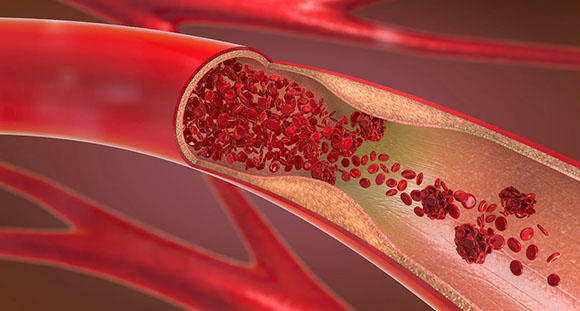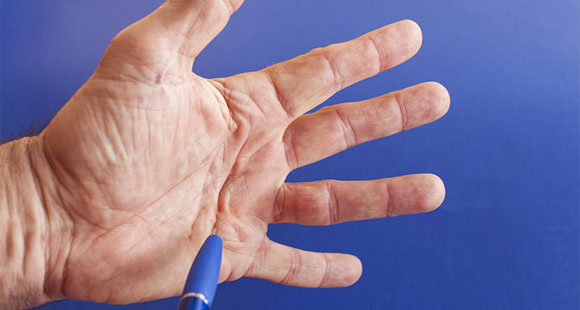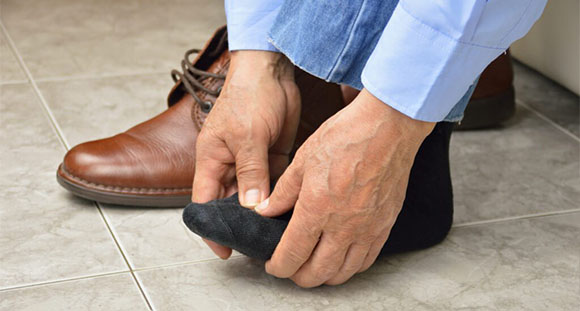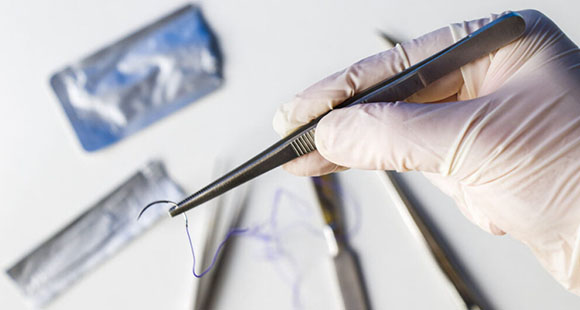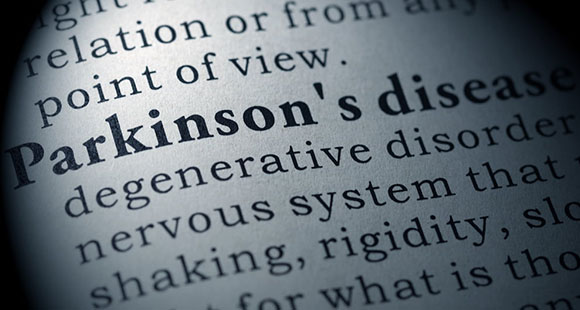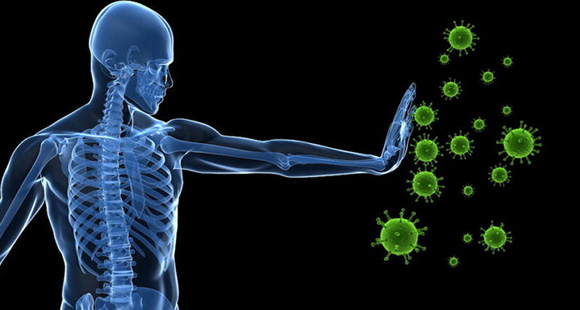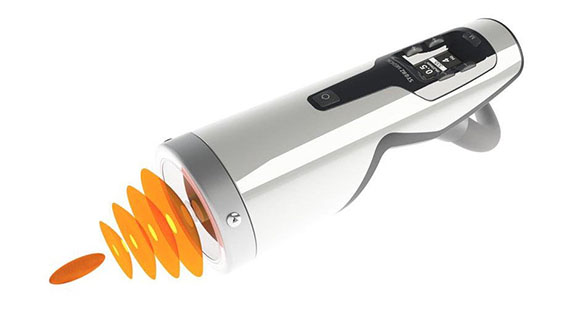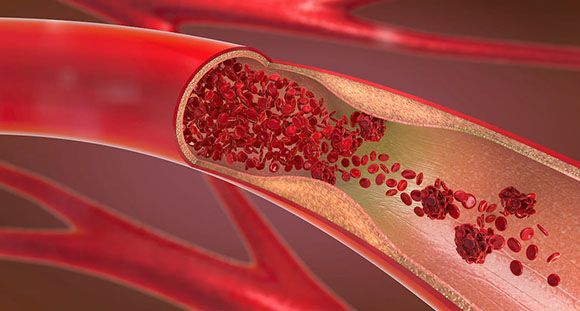
Erectile Dysfunction
& High Blood Pressure
High blood pressure (Hypertension) is associated with an increased risk of Erectile Dysfunction (ED). Research published in the Journal of the American Geriatrics Society found that a significant percentage of men aged 40 to 79 with high blood pressure experienced ED. Additionally, studies suggest a link between high blood pressure, erectile dysfunction, and elevated cholesterol.
Find out more how MansMatters can help you.
Contact us for a free 20-minute consultation with our men's health specialists.
Arrange a Free Telephone Consultation
Book a Treatment or Diagnosis
Receive More Information
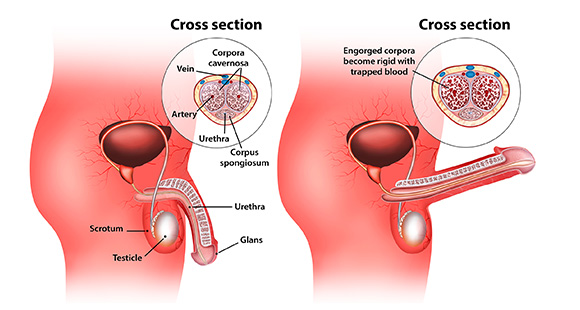
How does High Blood pressure effect erections?
To understand how high blood pressure (hypertension) can contribute to Erectile Dysfunction (ED), it's helpful to understand the process behind erections. The penis contains three tubes: one is the hollow urethra that carries urine and semen, while the other two are spongy tubes called the corpora cavernosa. During an erection, these two tubes fill with blood, stiffening the penis.
As men age, high blood pressure can impact blood vessel health, potentially leading to hardening and narrowing of arteries and reducing blood flow to the penis. This may also make physical activity more challenging, leading to difficulty in maintaining an erection throughout intimate activity.
While early research questioned the link between high blood pressure and ED, more recent studies have shown that there can indeed be a correlation between hypertension and ED—findings reported in the International Journal of Hypertension and similar publications
– see Erectile Dysfunction and Hypertension: Impact on Cardiovascular Risk and Treatment


Medical illustration nitric oxide and its role in blood pressure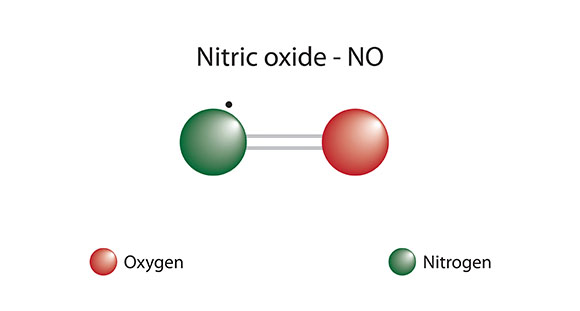
The Role of Nitric Oxide
High blood pressure may impact erectile function by reducing the levels of Nitric Oxide (NO), an essential molecule for maintaining strong erections. Research suggests that men with high blood pressure often have differences in blood vessel function compared to men with normal blood pressure, potentially due to lower levels of Nitric Oxide. These changes can also increase the risk of cardiovascular issues, which are known to influence erectile health.
Studies indicate that men who have experienced high blood pressure for longer periods may face a greater likelihood of erectile difficulties. Additionally, hypertension is associated with endothelial dysfunction, where blood vessels may struggle to dilate effectively due to oxidative stress and cell damage. This can interfere with normal blood flow, affecting erectile function.
High blood pressure may also affect testosterone levels, as some studies suggest that men with hypertension often have lower testosterone levels than those with normal blood pressure. This hormone plays a key role in sexual health, and reduced levels may contribute to erectile difficulties.

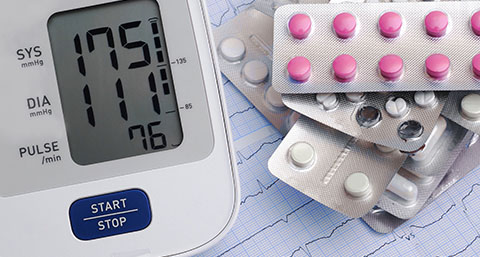
Blood Pressure Drugs & Their Effects on ED
Men diagnosed with high blood pressure are often prescribed medications to manage their condition, which helps reduce the risk of complications such as heart disease and stroke. However, some men may experience changes in sexual health as a potential side effect of certain blood pressure medications, including diuretics. Diuretics, commonly used to treat hypertension, may affect blood flow to the penile tissues and can reduce zinc levels, a mineral important for testosterone production. Both testosterone levels and healthy blood flow are important for maintaining erectile function
In cases where high blood pressure is effectively managed, some men may notice improvements in erectile function. However, prolonged hypertension may lead to lasting changes in blood vessel health, which may require specialised treatment options to address. Various approaches are available for managing erectile difficulties, including non-invasive, minimally invasive, and more advanced treatments. Typically, non-invasive treatments are explored first.
For men taking statins to manage cholesterol, certain medications for erectile support may have limited effectiveness over time. In these cases, options like shockwave therapy may offer an alternative approach to support erectile function without affecting existing medications. Consulting with a healthcare provider can help determine the most suitable option for individual needs


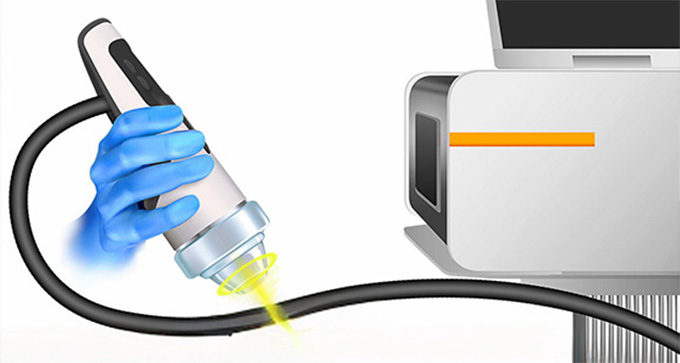
Focused Shockwave Therapy
Focused shockwave therapy, which we provide, is a non-invasive, painless treatment designed to enhance blood flow within penile tissues and support cellular regeneration. This therapy is delivered using a handheld device to send targeted pulses, with minimal reported side effects.
For added benefit, we incorporate Extracorporeal Magnetotransduction Therapy (EMTT). EMTT applies a controlled magnetic field to promote the development of new endothelial cells within the penile tissues. These cells are essential for supporting erectile health, as they help transport nutrients and produce energy within the tissues. When endothelial cells are functioning well, blood flow to the penile tissues is optimised, which is important for maintaining healthy erectile function.
Find out more how MansMatters can help you.
Contact us for a complimentary 20-minute consultation with our men's health specialists.
Arrange a Free Telephone Consultation
Book a Treatment or Diagnosis
Receive More Information
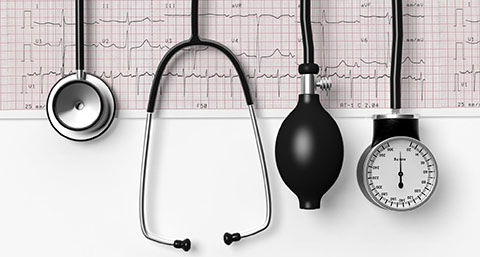
Peyronie's Disease & High Blood Pressure
In medical practice, we use the term ‘comorbidities' to refer to the presence of two or more medical conditions in a patient simultaneously. High blood pressure and diabetes are often comorbid with conditions such as Peyronie's Disease (PD) or Erectile Dysfunction (ED), and it is not uncommon for some patients to experience all three conditions concurrently.
For managing high blood pressure, some men are prescribed beta blockers. Beta blockers lower blood pressure by interacting with certain receptors in the nervous system. Normally, chemicals like epinephrine can cause blood vessels to tighten, making the heart pump harder. Beta blockers counter this effect by blocking these receptors, thereby helping to reduce blood pressure.
Beta blockers can also influence the nervous system, which plays a role in achieving and maintaining erections. This interaction may contribute to challenges with erectile function in some men.

Beta Blockers and Peyronie's Disease
Beta blockers are also thought to contribute to conditions like Peyronie's Disease (PD) by potentially encouraging the development of fibrotic tissue, which can lead to plaque formation within the penile tissue.
PD is a condition where men may experience discomfort and later face challenges with erectile function due to penile curvature. However, not all penile curvature is classified as PD; many men naturally have a slight curve. When curvature does not cause pain or impact intimacy, medical intervention is generally unnecessary.
Treating PD is often more complex than addressing Erectile Dysfunction (ED), but our non-invasive treatments have shown positive results for many men. Our focused shockwave therapy can help reduce curvature and address plaque buildup, which may interfere with normal blood flow. By breaking down plaques, shockwave therapy supports healthy tissue function and blood circulation within the penile area.

Find out more how MansMatters can help you.
Contact us for a complimentary 20-minute consultation with our men's health specialists.
Arrange a Free Telephone Consultation
Book a Treatment or Diagnosis
Receive More Information
Erectile Dysfunction & High Blood Pressure FAQs
If I Have Cardiovascular Issues, Will I Suffer From ED?
Cardiovascular issues are some of the major causes of ED. It’s not guaranteed that you will have erection problems, but there is a greater chance it may happen.
Is High Blood Pressure Associated With ED?
High blood pressure is a common cardiovascular disease, and it is one of the driving factors in the progression of ED in men. High blood pressure or hypertension over time causes damage to the blood vessels and blood pathways, which reduce the blood flow within the penis. Without proper blood flow the penis cannot get fully erect. Several studies have also found that many ED patients suffer from hypertension.
Why Is Normal Blood Pressure Important to Obtain Strong Erections?
Normal blood pressure maintains an adequate carotid intima-media thickness, normal level of serum inflammatory mediators and normal level of brachial flow-mediated dilation in men. All of these mechanisms are highly important for getting strong erections.
Does High Blood Pressure Have Any Effect on Nitric Oxide Levels & Why Is NO So Important In Gaining Erections?
Hypertension causes endothelial dysfunction in men and endothelial dysfunction reduces Nitric Oxide production. Due to an inadequate level of NO, the level of serum inflammatory mediators increases and carotid intima-media thickness increases. These are some of the signs of a lack of NO in men suffering from hypertension. And NO is highly essential for erections. Sufficient NO levels make sure that cavernosal smooth muscles relax which enables the penis to expand due to a free flow of blood when a person is sexually excited.
Is The Effect of Hypertension on Erectile Function Permanent?
If you suffer from hypertension for an extended period then blood vessels can be permanently damaged. In that case, there may be permanent damage.
Is There Any Correlation Between High Blood Pressure and The Severity Of ED?
ED gets worse if hypertension is not properly managed.
Can Medicine for Hypertension Affect My Erectile Function?
It is possible for you to develop ED if you are taking certain medicines for hypertension. Medicines like Beta blockers and Diuretics can have adverse effects on the erectile function.
Can My ED Effectively Get Treated If I Have High Blood Pressure?
You need to treat both conditions.
Can I Check My Own Blood Pressure?
Yes, blood pressure monitors can be purchased online or from your local pharmacy for as little as £12.50.
Is Hypertension Highly Associated with Peyronie’s Disease?
Hypertension itself may not induce PD but certain medicines that are prescribed for hypertension create a higher risk of PD. For example, Beta blockers, which can encourage fibrotic tissue disorders which in turn can cause plaques and scars to develop in the penis. Penile curvature usually occurs due to the formation of such plaques in the penis.
Is PD a Treatable Disease Even If a Patient Has High Blood Pressure?
Yes, PD is a treatable condition regardless of the fact that they may suffer from hypertension.
Knightsbridge
Richmond
Related Medical Conditions
Lifestyle
Men's Health
Erectile Dysfunction & Other Conditions
Useful Links
MansMatters is a Division of:

Privacy Policy | Terms & Conditions


